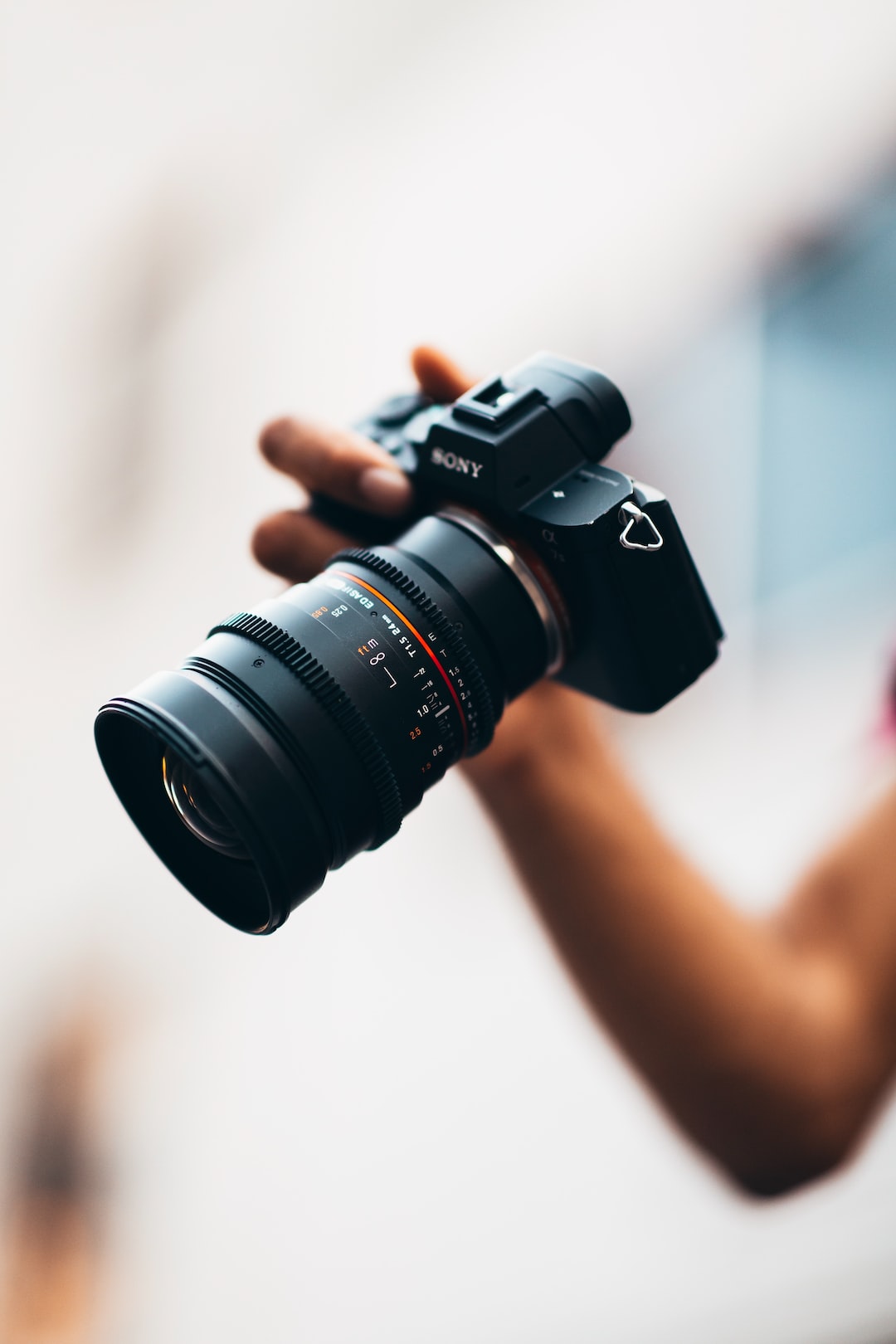Uncovering the Roots of Martial Arts in Hong Kong Cinema
Hong Kong cinema has long been celebrated for its contribution to the martial arts genre, showcasing thrilling fights, elaborate choreography, and captivating storytelling. From iconic stars like Bruce Lee and Jackie Chan to acclaimed filmmakers such as Tsui Hark and John Woo, the industry has left an indelible mark on the world of cinema. This article delves into the roots of martial arts in Hong Kong cinema and explores its evolution over the years.
Martial arts in Hong Kong cinema can be traced back to the early 1900s when the industry was still in its infancy. The introduction of Chinese opera paved the way for performers skilled in various martial arts styles to display their prowess on the silver screen. These exceptional performers, often referred to as wuxia actors, became staples of martial arts films, captivating audiences with their acrobatics and swordplay.
However, it was not until the 1970s that martial arts began to truly flourish in Hong Kong cinema. Legendary actor and martial artist Bruce Lee burst onto the scene, breaking barriers and redefining the genre. His films, such as “Fists of Fury” and “Enter the Dragon,” not only showcased his incredible skills but also addressed societal issues and cultural pride, resonating with audiences worldwide.
Following in Bruce Lee’s footsteps, Jackie Chan emerged as a charismatic and innovative force in the martial arts genre. Known for his unique blend of comedy and action, Chan introduced a new style of choreography, incorporating humor and everyday objects into his fight sequences. His dedication to performing his own stunts cemented him as one of the most influential figures in Hong Kong cinema.
The 1980s witnessed the rise of directors such as Tsui Hark, who brought a visionary approach to martial arts filmmaking. With films like “A Chinese Ghost Story” and “Once Upon a Time in China,” Hark combined fantastical elements with martial arts action, pushing the boundaries of what was previously thought possible in the genre.
In recent years, Hong Kong cinema continues to evolve, with filmmakers like Stephen Chow and John Woo leaving their mark. Chow’s humorous yet action-packed films like “Shaolin Soccer” and “Kung Fu Hustle” blend martial arts with comedy, making them immensely popular both domestically and internationally. Woo, on the other hand, gained recognition for his stylish and adrenaline-fueled films, such as “Hard Boiled” and “Face/Off,” which showcased not only martial arts skills but also heightened dramatic narratives.
In conclusion, the roots of martial arts in Hong Kong cinema run deep, dating back to the early days of Chinese opera. From the groundbreaking work of Bruce Lee and Jackie Chan to the visionary direction of Tsui Hark and John Woo, the genre has continuously evolved, captivating audiences worldwide. Hong Kong cinema has truly left an indelible mark on the world of martial arts filmmaking, with its influence extending far beyond its borders.
[Keyword: scottsdale videographer]
Publisher Details:
H&K Cinema
https://www.hkcinemas.com/
H&K Weddings is unique and adventurous storytelling. We specialize in destination wedding videography + photography. Currently based out of Dallas, Tx // We are the premiere adventure wedding/elopement team you have been looking for! Dallas Wedding Videographer


